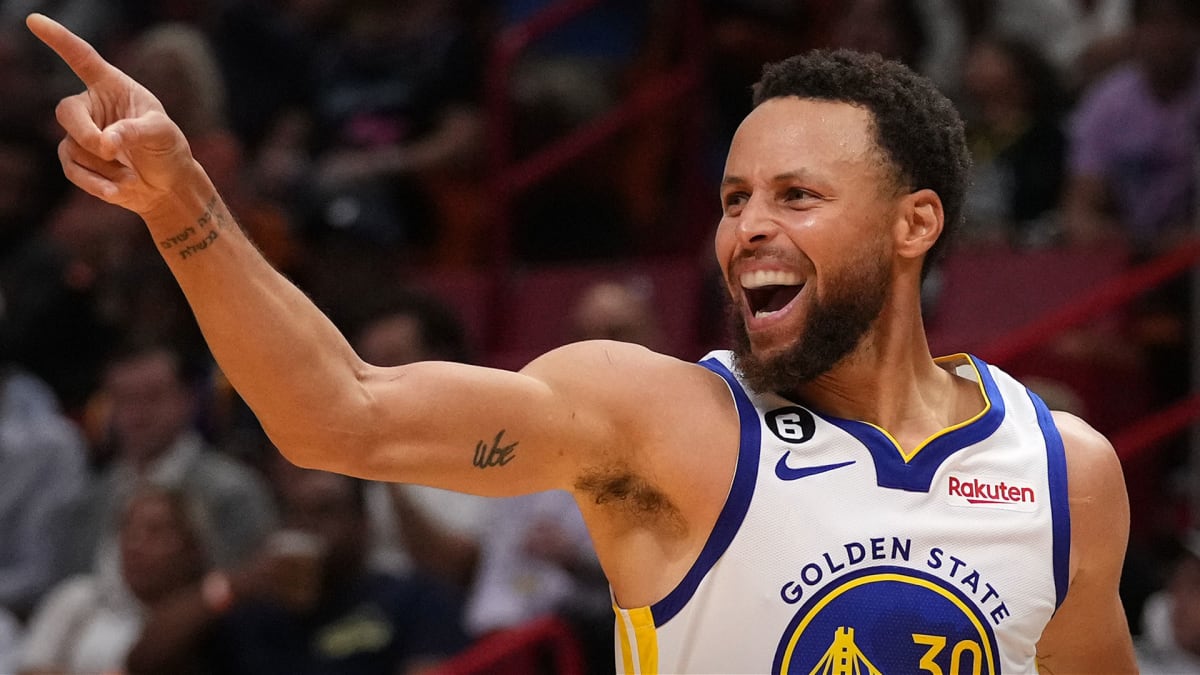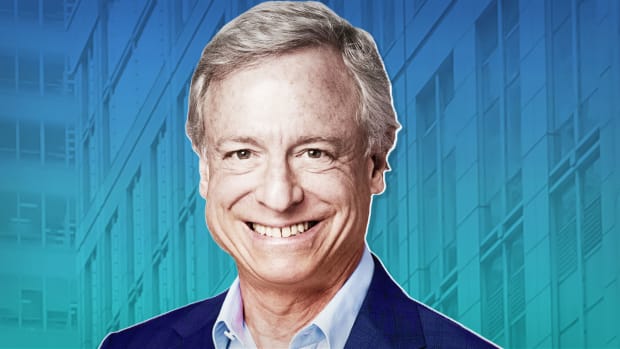
Phil de Picciotto has seen plenty of change in the sports business since co-founding the sports agency now known as Octagon in 1983.
The firm is a division of advertising/marketing giant Interpublic Group and represents athletes such as swimming legend Michael Phelps and NBA star Stephen Curry.
A few things haven’t changed during de Picciotto’s tenure in the sports industry—a jump in team values, media rights deals, player salaries and ticket prices. He expects these trends to continue, as the sports world continues to grow.
We recently chatted with de Picciotto, president of Octagon, and here are excerpts of the conversation.
TheStreet.com: Will sports team values keep rising?
de Picciotto: The values are skyrocketing for understandable reasons and will likely continue to rise at a healthy pace in the foreseeable future. Revenue streams, such as media rights deals, keep expanding. And there’s a bigger middle class around the world that can consume sports.
The next step for revenue is sports betting. There are platforms allowing you to do it from home. It’s very compatible with technology and media rights.
Team values will outstrip what individuals can pay, so leagues will have to accommodate different sources of ownership, such as private equity firms.
The Street.com: Will the value of media rights deals continue to grow?
de Picciotto: Sports may be the only content with a premium on live viewing. There is an increasing number of ways people consume sports.
There are more internationally-played games, with more fan and media interest. In the U.S., our leagues attract players from around the world. All this provides a long up-ramp for media rights.
TheStreet.com: Do you think player salaries will keep climbing?
de Picciotto: Yes, as long as players and owners share revenues. That partnership formula makes sense. Players and owners will be aligned toward revenue growth. So I do see player compensation continuing to grow along with revenue for ownerships.

Phil de Picciotto
TheStreet.com: Do you think that ticket prices will continue to increase?
de Picciotto: Yes, but not to the extent that other revenue rises. Team owners need to present an attractive on-site experience, given how cheap and convenient it is to watch at home.
A major part of the experience is sharing the occasion with others, which means arenas full of passionate fans. The atmosphere changes when the audience is too small and corporate. You can’t price out your most loyal fans.
I think teams will be careful with ticket prices. There will be some subsidies and giveaways. For wealthy fans there are likely to be more premium experiences.
TheStreet.com: Do you think doping will ever go away?
de Picciotto: Doping has existed since antiquity, and rules will continue to change to reflect societal standards. One thing that won’t change is the pressure individuals feel when competing at the highest levels.
It’s human nature for people to want to sustain those levels. Performance enhancement within the rules and outside of them will be with us as long as pro sports.
TheStreet.com: Do you find it ironic that team owners, who are among the most capitalist of businessmen, are in perhaps the country’s most socialist industry – sports?
de Picciotto: Most businesses don’t need competitors to survive. Sports teams do. Owners can have motivations beyond profits—supporting the community, building fan passion and increasing their own visibility. Some owners will compete against others at any cost, which isn’t always the case in other industries. The objectives of ownership are wider in sports than other industries.
TheStreet.com: Do you find it striking that players who make more money than a lot of CEOs are in unions, which traditionally represent rank-and-file workers?
de Picciotto: Most athletes are not CEO-wealthy. The overwhelming number have short careers that can end abruptly. Without unions, there would be inadequate protection of player finances, health and safety.
Competitive balance, which most fans see as necessary, stems from the union system, with salary caps, salary minimums and luxury taxes. The union system ties compensation to owners’ revenue.
Unions have been the greatest force over the years in creating a balance between labor and management.







